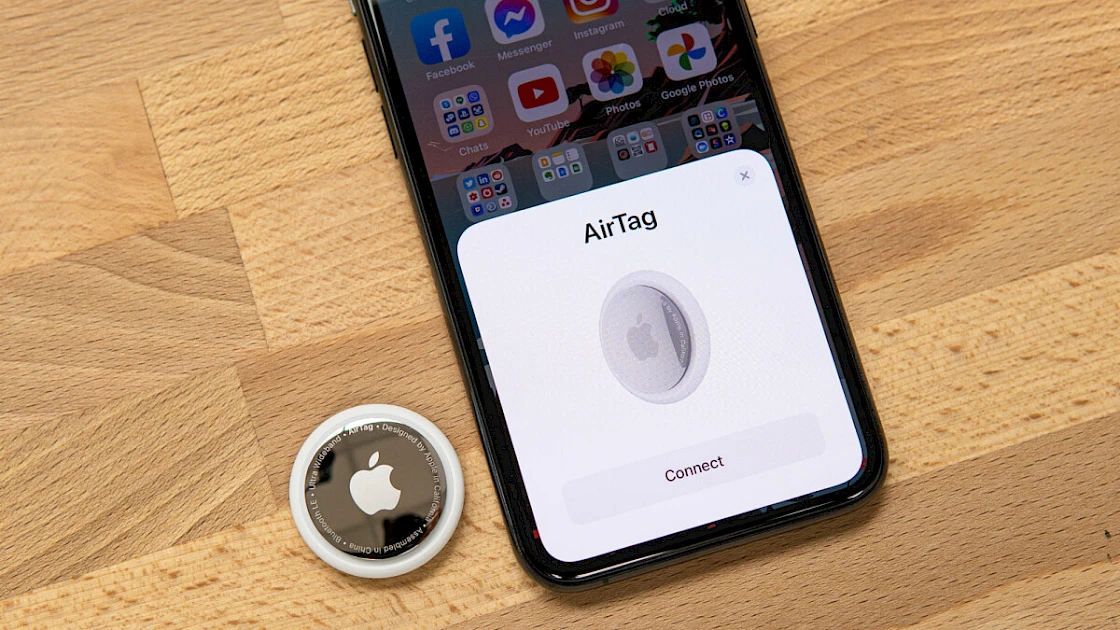In recent months, there have been rising concerns about privacy issues surrounding Apple AirTags. People have reported on social media about finding AirTags on their cars and in their belongings. There is growing concern that the devices may be encouraging a new form of stalking, which privacy groups predicted could happen when Apple first introduced the devices in April.
Privacy researchers believe that AirTags, which are equipped with Bluetooth technology, could be revealing a more widespread problem of tech-enabled tracking. They emit a digital signal that can be detected by devices running Apple’s mobile operating system. Those devices then report where an AirTag has last been seen. Unlike similar tracking products from competitor companies such as Tile, Apple added features to prevent abuse, including notifications when unfamiliar AirTags are detected near you. However, AirTags present a unique threat because they allow for more exact monitoring of people’s movements. The network that Apple has access to is larger and more powerful than that used by other tracking device companies.
Another issue is that not everyone is familiar with AirTags. Even a warning message from your own iOS device may be overlooked, allowing trackers to continue monitor your movements.
Apple claimed to take customer safety seriously and encouraged users to contact local law enforcement if they feel that their safety is at risk. For AirTags to achieve their intended purpose of helping people find their lost possessions, Apple also opened up a fundamental privacy flaw by turning all iOS devices in the field into AirTag relay bots without the permission of the iOS device owners. In my view, Apple should let individual iOS device owner make the decision of participating in this bot network for AirTags. For Apple to profess to protect individual privacy, this is the least they should do.
Conozca lo último sobre IA
Suscríbase al boletín VAISense.
